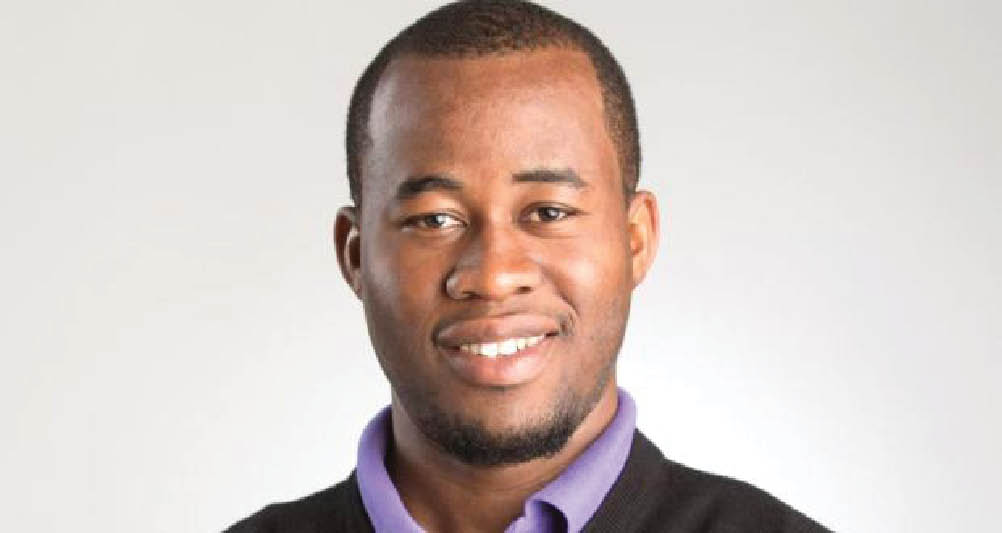A read through Obioma’s ‘Orchestra of Minorities’
Title: An Orchestra of Minorities Author: Chigozie Obioma Publisher: Parresia Publishers Pages: 516 Reviewer: Nathaniel Bivan When Chigozie Obioma’s debut novel, ‘The Fishermen’, was published in 2015, it came with a bang. It was shortlisted for one of the world’s most prestigious prizes, the Man Booker Prize, among several others, and a reviewer, Fiammetta Rocco, […]

Title: An Orchestra of Minorities Author: Chigozie Obioma
Publisher: Parresia Publishers Pages: 516 Reviewer: Nathaniel Bivan
When Chigozie Obioma’s debut novel, ‘The Fishermen’, was published in 2015, it came with a bang. It was shortlisted for one of the world’s most prestigious prizes, the Man Booker Prize, among several others, and a reviewer, Fiammetta Rocco, described Obioma as “the heir to Chinua Achebe” in the New York Times. So, understandably, even before his second novel, ‘An Orchestra of Minorities’ hit the shelves on January 8 this year, there was some buzz.
In 2016, Obioma’s article ‘The Ghosts of My Student Years in Northern Cyprus’ published in The Guardian UK, turned out to be very revealing of his experiences. When he arrived at Cyprus International University, he found out that many Nigerian students had been duped into enrolling. And for some, that was only the beginning of their troubles, he wrote. Jay, one of those who had been swindled, used to be gainfully employed in Berlin, Germany. But everything changed for him when his papers were confiscated and he was deported to Nigeria. So, when he was provided with the opportunity of returning abroad by agents, it wasn’t hard for them to convince him. To cut a long story short, everything he was told about the Turkish Republic of Northern Cyprus turned out to be a lie, and depressed he ended up dying a tragic death.
Another man, who was said may be a Nigerian, wandered Cyprus on foot in the same worn clothes and shoes. He had grown to be famous and no one knew where he really came from or how he survived. These were the experiences Obioma drew from while working on his latest book.
Set in Nigeria and Northern Cyprus, ‘An Orchestra of Minorities’ tells the story of Chinonso, a poultry farmer who falls in love with Ndali who comes from a wealthy family. The two lovers first met in a very unusual manner, when Ndali stands with despair on top of a bridge and appears to contemplate suicide. Chinonso, in order to convince her not to jump, throws two of his prized birds over the bridge to demonstrate the severity of what she was about to do. This sets off a relationship that will see Chinonso shamed by Ndali’s family because he only has a secondary school education. Eventually, resolute that getting a degree is what will win her family over, he learns of Cyprus through an old school friend and is soon on his way to school there. Everything seems smooth and happens fast and it appears like nothing can go wrong. But this is where everything goes wrong. Overseas, Chinonso learns that his friend has swindled him and he’s stranded in Cyprus.
What is probably most thrilling about this story is the voice that tells it. Hinged on Igbo cosmology, Chinonso’s guardian spirit, known as his chi, narrates the experiences of his host before the creator and tries to justify why his host carries out certain acts. Throughout this book, Obioma uses numerous Igbo names for the creator, showing the richness of Nigeria’s eastern language and culture. Typical examples are names like Ijango-Ijango, Oseburuwa and Gaganaogwu, to mention a few.
One of the most important lessons readers are likely to draw from this novel is the power of forgiveness and the hazard of desperation to migrate. Do you know all you need to about where you are travelling to? Will you have financial security? How reliable is your contact over there? Narrated with an exceptional storytelling skill, the issues raised in this book can hardly remain hidden. ‘An Orchestra of Minorities’ points fingers at the lowly in a society and their plight as they continue to scream from what seems like a deep tunnel where no one can hear them. They are the helpless chickens preyed upon by hawks in Chinonso’s compound. They are the civil servants who receive meagre pay while elected politicians make millions and even billions in power. They are retired workers who collect stipends as pension or who are denied full benefits after decades of service. They are those who are killed by terrorists and kidnappers; those who live in tents and are forgotten while terrorists ravage their land. Their cries fill the atmosphere and yet their voices remain unheard.
